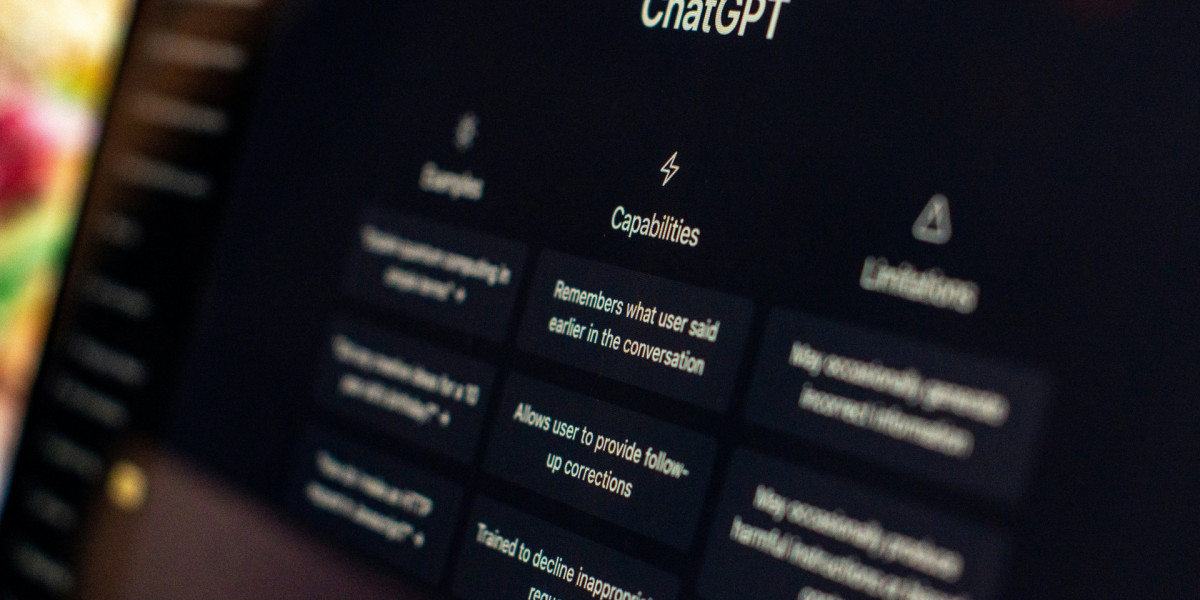
Chartered ABS responds to the DfE’s technical consultation on the International Student Levy
The Chartered ABS has submitted its response to the Department for Education’s technical consultation on the International Student Levy.
Generative AI in business schools: Embrace or avoid?

Authors

Dr Chahna Gonsalves CMBE
Senior Lecturer in Marketing (Education), King's College London
ChatGPT is an application of the latest version of GPT-3 (Generative Pretrained Transformer 3), a state-of-the-art large language processing model. Unlike traditional chatbots, the GPT-3 uses deep learning algorithms to generate human-like responses to user prompts. Millions of users tested its ability and limitations. Some found that it can write poetry, answer questions on a wide range of topics, provide detailed explanations, suggest ways to solve problems, respond to optimisation queries and write code (Naidu, 2022). Others learned that it could achieve a B grade on a Warton School MBA exam (Terwiesch, 2023). Many academics frenzied to adapt exams and assessments while business schools avidly started investigating the use AI and unreliable generated content detection tools.
Business schools around the world are constantly looking for new ways to provide high-quality education and develop industry-relevant skills in their graduates. While the university is responsible for designing and delivering a comprehensive curriculum that prepares students for the workforce, as well as work placement opportunities, career guidance and support services, developing employable industry-ready ready graduates is a joint responsibility that heavily depends on faculty. As business educators, we design and deliver curricula and assessments aligned with the learning outcomes of the program and industry needs.
While traditional assessments like multiple-choice exams and essays still hold some promise, many business educators agree that they may not accurately reflect students' abilities to apply their knowledge in real-world situations. Embracing generative AI can facilitate us in creating authentic assessments that emphasize meaningful tasks, problems, or projects, which require students to apply knowledge, skills, and understanding in contexts that resemble the demands of the real world. The technology can also be used to simulate real-life tasks and expose students to latest industry practices. Numerous news reports and blog posts show just how widely generative AI is being used for tasks like writing copy, analysing data, summarizing information, and deriving key insights for reports. While some jobs will be replaced by machines, the industry-ready graduates will be those with skills and mindset to operate effectively alongside AI.
Business schools could use ChatGPT as a tool to enhance pedagogy and transform the learning experience. Generative AI could be used to create simulations that mimic real-world business interactions, such as negotiations and sales pitches. Allowing students to use AI as a study buddy and sparring partner provides a safe environment for them to practice critical thinking and problem-solving skills and valuable experience that they can use when they enter the workforce. The conversational nature of ChatGPT responses means students can get immediate personalised feedback which many business schools are insufficiently resourced and lack the necessary digital infrastructure to match.
Embracing AI can help bridge the gap between academia and industry and ensure that graduates are equipped with the skills and knowledge needed to succeed in the workplace. Therefore, the priority of business schools should be to identify module and programme leaders who embrace generative AI and support them to use it to its full advantage.
